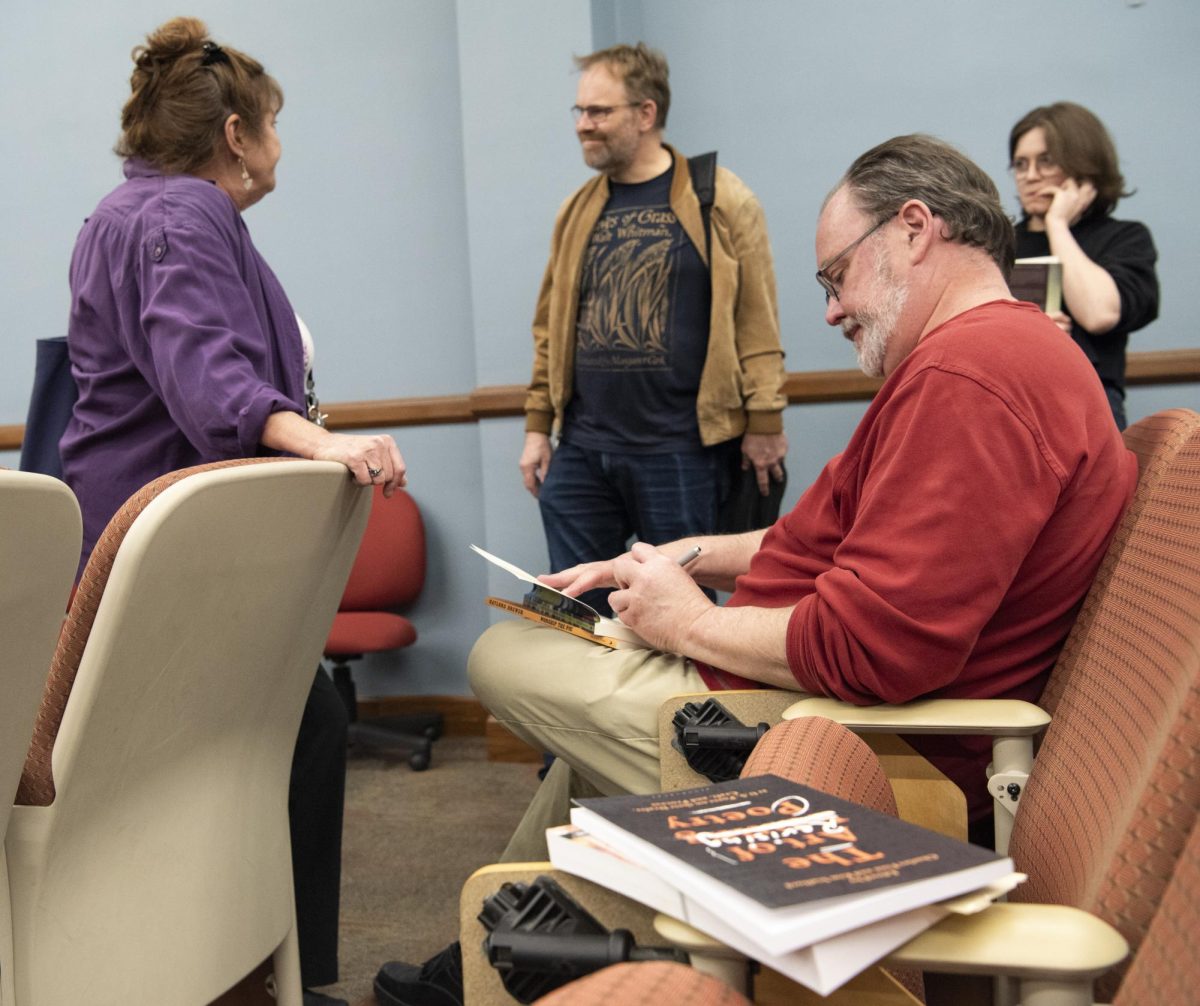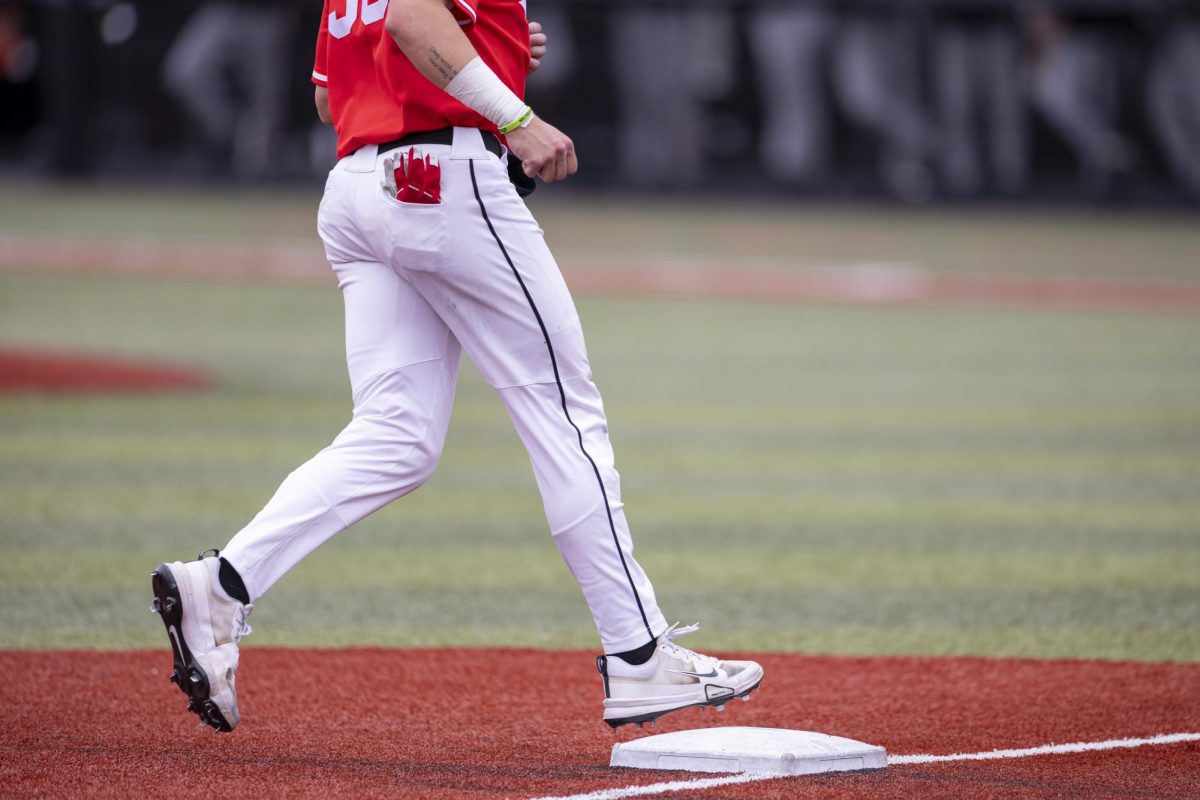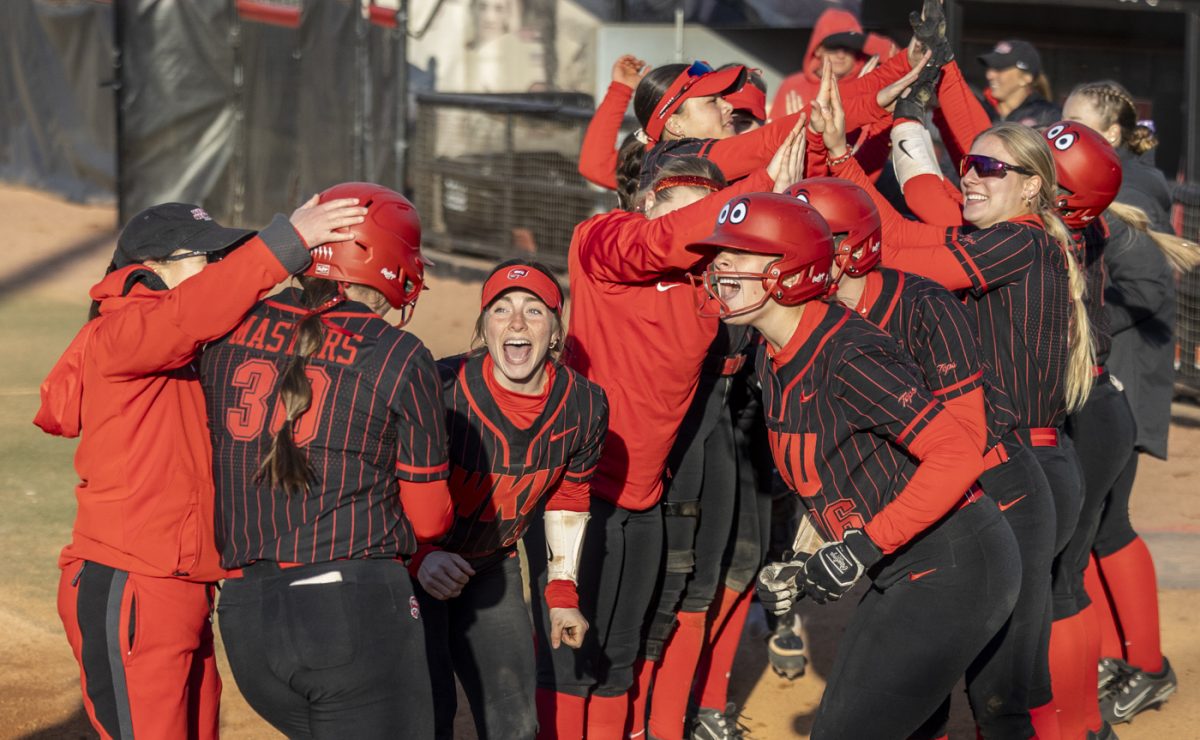EDITORIAL: Not good enough. College of Health and Human Services should have been more involved in restart committee
August 25, 2020
Issue: WKU formed an extensive Restart WKU Committee to assist in the university’s COVID-19 reopening, but the only contribution from the College of Health and Human Services was two Sports Management professors for the purpose of furthering WKU’s Athletics.
Our stance: The College of Health and Human Services should have been more involved in the reopening plan, especially Dean Tania Basta, who specializes in infectious diseases.
President Tim Caboni announced the creation of WKU’s Restart WKU Committee last semester, indicating that the committee was responsible for guiding the planning of WKU’s reopening during the coronavirus pandemic. The committee was formed after the university made the decision for classes to continue remotely following spring break.
The Restart WKU Committee is made up of four subcommittees: Academics and Inquiry; Student Experience and Engagement; Environment, Operations and Physical Plant; and Athletics.
The College of Health and Human Services was allowed to contribute two Sports Management professors to subcommittees — Pedagogical Assistant Professor Terry Obee joined the Academics and Inquiry committee, and Assistant Professor Stacy Forsythe joined the Athletics committee.
While involvement from the sports management professors is appreciated, the College of Health and Human Services — with departments such as the School of Nursing and Department of Public Health — should have been more included in the decision-making of the Restart WKU Committee because the college has expertise and resources for dealing with a pandemic.
“The Restart Committee did not reach out to me for my expertise specifically,” College of Health and Human Services Dean Tania Basta said. Her specialization is related to infectious diseases from a social and behavioral perspective, including viruses like Zika and Ebola.
Basta, who served on the Budget Executive Committee this summer, was not formally consulted by the Restart WKU Committee. She was, however, able to read drafts of the restart plans before they were distributed to the public.
“We couldn’t shift her expertise off of the Budget Executive Committee,” Caboni said in a meeting with the Herald on Friday when asked about Basta’s absence from the Restart committee. Caboni made no comment on the absence of other Health and Human Services students and professors from the Restart WKU Committee.
The Restart WKU Committee was formed in order to create plans for a healthy reopening in the fall that ensured the wellbeing of WKU’s students. Basta confirmed that the only input that the College of Health and Human Services had on the committee was the input of the sports management professors, presumably to ensure a safe reboot for WKU’s sports teams.
It is important that Basta was able to review the restart plans before they were presented to the public, but she and other members of the college de- served a seat at the table.
“I spoke out in meetings with the deans and provost about decisions that would violate the CDC guidelines,” Basta said. “It was discussed that we would allow face shields only for professors and instructors in the classrooms, and I made sure and let the provost and other deans know that my official position was that I was against the decision because it went against Centers for Disease Control and Prevention guidelines.”
Without Basta’s speaking up, the Restart WKU Committee could have implemented very poor guidelines as a part of WKU’s reopening this fall. For this reason exactly, more of the students and professors from the College of Health and Human Services should have been placed on the Restart WKU Committee to ensure that the reopening plans were safe and followed CDC guidelines. This is not to say that the college had no input into WKU’s reopening plan at all, but there was simply not enough involvement from the college that would have the most expertise, knowledge and resources for dealing with the pandemic.
Caboni reiterated that experts at Graves Gilbert Clinic and the Barren River Health Department were consulted for the reopening plan. Regardless, WKU’s internal resources and own employees should have been put on the committee in order to ensure that campus reopened in the fall as safely as possible.
If WKU wanted to ensure that campus was prepared for fall reopening, it should have used the internal resources right at its fingertips. In the absence of Health and Human Services helping to plan WKU’s restart, reopening campus during the global pandemic is ill-advised and risky.













